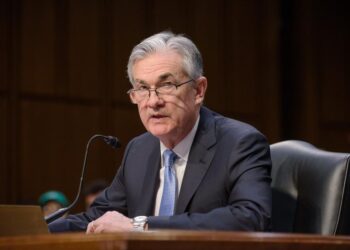The IMF has released a new growth forecast predicting that global growth will slow to 2.7% in 2023, a decrease of 0.2 percentage points from its July forecast. The organisation suggests that over a third of the global economy may well see two consecutive quarters of negative growth. Meanwhile, the world’s three biggest economies – the United States, the European Union and China – will continue to see slower growth.
The organisation’s chief economist, Pierre-Olivier Gourinchas, stated: “Next year is going to feel painful,”adding, “there’s going to be a lot of slowdown and economic pain.”
The main restrictions to global economic growth include the Russian invasion of Ukraine, the rising cost of living, and the economic slowdown in China. Uncertainties surrounding the conflict in Ukraine have amplified existing economic turmoil. It has led to an energy crisis in Europe, with spillover effects being seen in the U.S. Natural gas prices have quadrupled since last year, with severe shortages being seen due to sanctions imposed on Russian energy.
The IMF believes that global inflation will peak near the end of 2022, after rising from 4.7% in 2021 to 8.8% this year. In addition, it will “remain elevated for longer than previously expected,” according to the organization. It expects global inflation to fall to 6.5% in 2023 and 4.1% in 2024, with the tightening of monetary policy worldwide contributing to a decrease in inflation.
However, the IMF also anticipates a “powerful depreciation” of the U.S. dollar against other currencies. Meanwhile, ongoing Covid restrictions – such as China’s ‘zero-Covid policy’ – will continue to hinder some economies.












